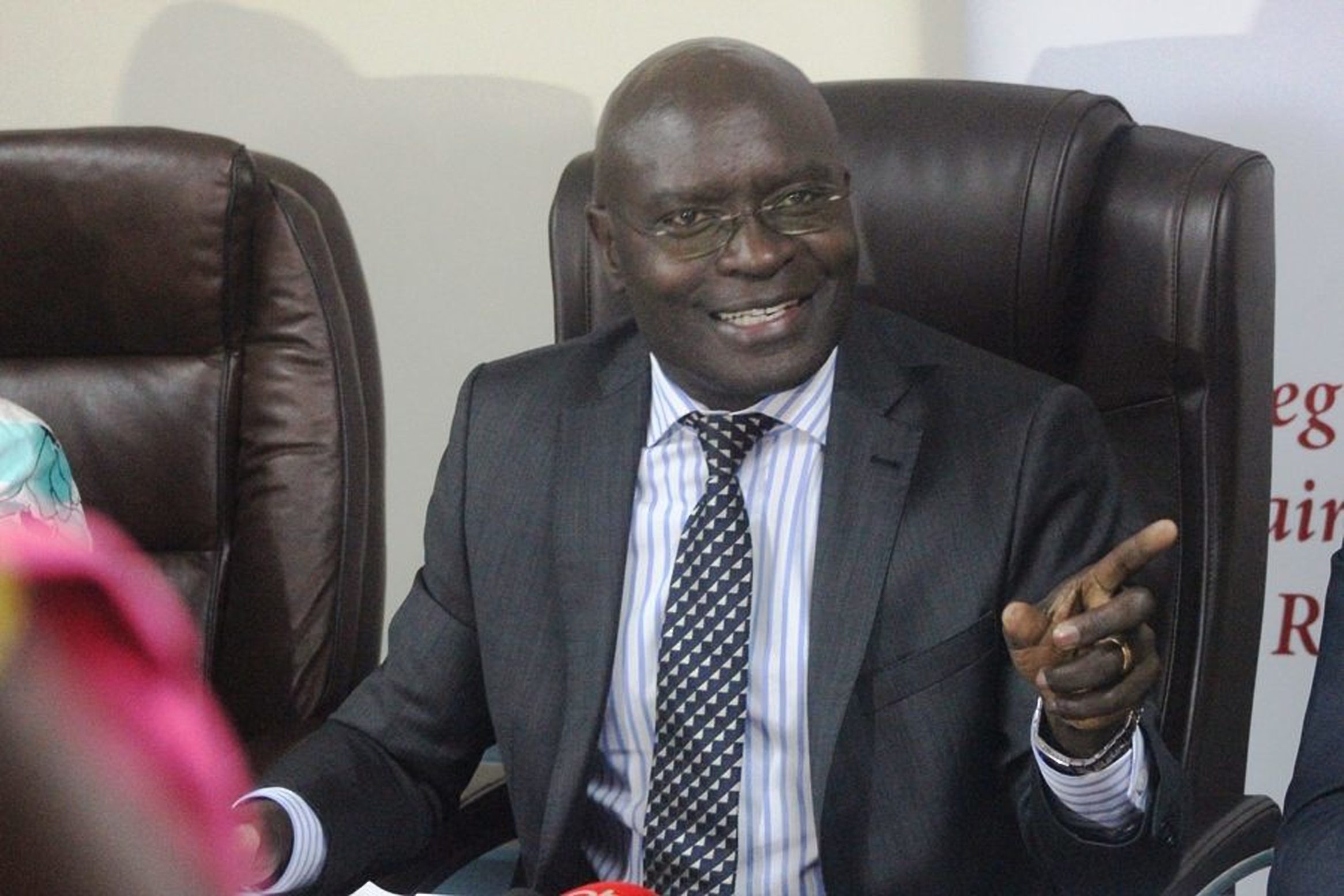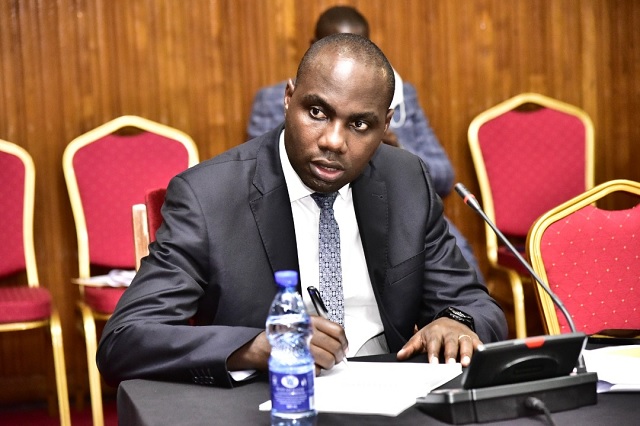Uganda Revenue Authority (URA) says the government must reduce unnecessary expenditure to increase the tax-GDP (Gross Domestic Product) ratio.
Ibrahim Bbossa, URA’s Assistant Commissioner, of Public and Corporate Affairs, says Uganda’s tax-GDP ratio is low, standing at 14%. He says Uganda must aim at increasing the ratio to at least 20% and to achieve this, the government must reduce unnecessary expenditure.
“Uganda’s goal should be to increase the Tax-to-GDP ratio to approximately 20%, which can only be achieved through a wider tax base and fiscal responsibility. The government must reduce unnecessary spending and improve the quality of public services,” he says.
Bbossa says Uganda needs a balanced approach to achieve economic independence and enhance the well-being of its citizens, and that there is a need for collective efforts to reform and improve Uganda’s tax system.
He says the low tax-GDP ratio implies that a significant portion of Uganda’s economic activities are untaxed, leading to a limited pool of contributors to Uganda’s tax revenue.
“Uganda’s lower ratio indicates that a significant portion of its economic activities remains untaxed, resulting in a limited pool of contributors to the nation’s tax revenues,” he says.
According to URA’s public affairs manager, developed countries such as America often exceed a tax-to-GDP ratio of 40%, enabling them to provide far superior social services and welfare to their citizens.
He notes that there is a wide disparity in tax contributions. According to data from UBOS (Uganda Bureau of Statistics), out of approximately 10 million Ugandans engaged in income-generating activities, only 3.5 million are currently paying income tax. Moreover, over 80% of the tax revenue comes from less than 200,000 taxpayers, leaving over 3 million taxpayers contributing only 20% of the total tax collected.
***
Chimpreports
![]()



























